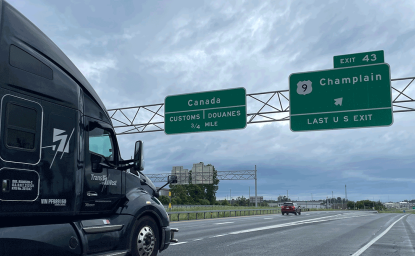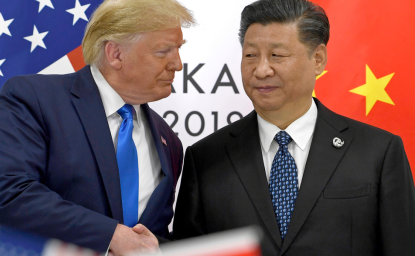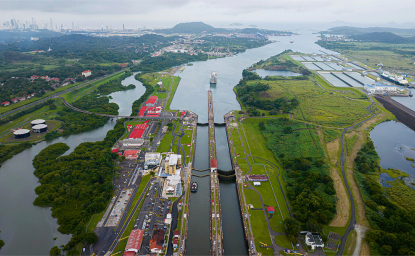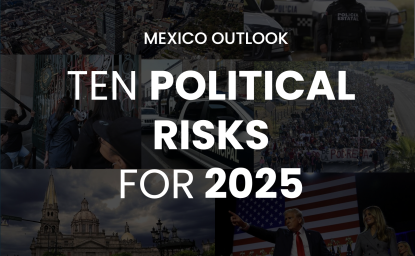The Latest
Canada's New Democratic Party (NDP) has terminated its two-and-a-half-year "supply and confidence" agreement with Prime Minister Justin Trudeau's Liberal government, which had ensured the Liberals' minority government remained in power. NDP leader Jagmeet Singh criticized the Liberals for consistently prioritizing corporate interests over the needs of everyday Canadians, claiming that they had failed to fulfill their commitments and had "let people down." Christopher Sands, Director of the Canada Institute, provides insight on the significance of this decision. He discusses what’s at stake for Trudeau’s government, the potential for a Canadian Federal election vote even ahead of the American election on November 5th, and the potential impact on US Canada relations.
Transcript of Video
-
Trudeau's Government Faces Potential Collapse as NDP Ends Two-Year Agreement
Guest


Canada Institute
The mission of the Wilson Center's Canada Institute is to raise the level of knowledge of Canada in the United States, particularly within the Washington, DC policy community. Research projects, initiatives, podcasts, and publications cover contemporary Canada, US-Canadian relations, North American political economy, and Canada's global role as it intersects with US national interests. Read more

Explore More
Browse Insights & Analysis
Myanmar Four Years After the Coup: Is the Resistance Gaining Momentum?
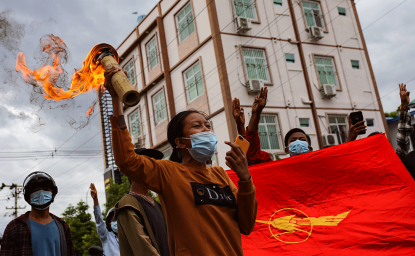
Four Years After the Coup, Myanmar’s Fight for Democracy Endures

